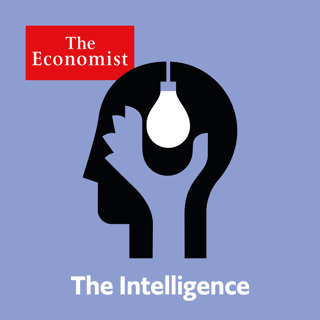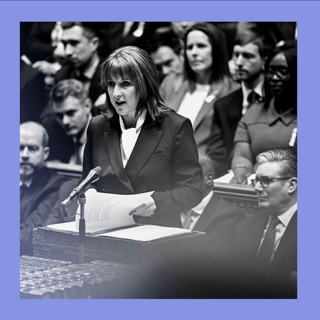
Growth negligence: Britain’s budget
The tax-and-spend plan was fine-tuned to avoid immediate political jeopardy. But it will do little to help Britain’s chronic growth problem, and is likely to erode further the political centre. We meet with Yogi Adityanath, the leader of India’s most populous state and a harbinger of the country’s possible political future. And readers’ best—or most discombobulating—job-interview questions.Get a world of insights by subscribing to Economist Podcasts+. For more information about how to access Economist Podcasts+, please visit our FAQs page or watch our video explaining how to link your account. Hosted on Acast. See acast.com/privacy for more information.
27 Marras 202522min

Party likes it 1959: Cuba in crisis
The country’s Communist Party leadership continues to cling to old ideals amid on-again, off-again diplomacy with America—and the people’s suffering only deepens. Britain is making the most of its advantages in the burgeoning industry of quantum technology. And why conservationists’ concern about a wood beloved of classical musicians may be misplaced. Get a world of insights by subscribing to Economist Podcasts+. For more information about how to access Economist Podcasts+, please visit our FAQs page or watch our video explaining how to link your account. Hosted on Acast. See acast.com/privacy for more information.
26 Marras 202523min
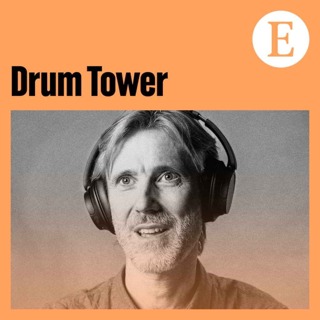
Trailer: Drum Tower
Gain a deeper understanding of China with Jeremy Page and Sarah Wu. The Economist’s China correspondents report from across the country and the places it influences beyond its borders. Jiehao Chen joins the discussion from London. This award-winning podcast takes on everything from the CCP to EVs and from ageing to AI. Published every Tuesday. Hosted on Acast. See acast.com/privacy for more information.
26 Marras 20252min

Wage against the machine: the distortions of minimum pay
For decades governments have found minimum-wage rises a politically expedient means of redistribution. But the onward economic distortions have at last become clear. Of course AI can write a faster cover letter — perhaps even a better one. But there are knock-on costs when everyone is doing it. And a look at Florida’s bold experiment in the free choice of unbundled education.Get a world of insights by subscribing to Economist Podcasts+. For more information about how to access Economist Podcasts+, please visit our FAQs page or watch our video explaining how to link your account. Hosted on Acast. See acast.com/privacy for more information.
25 Marras 202522min
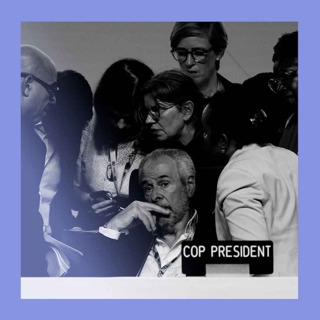
Emission creep: a contentious COP closes
It is telling and troubling that the annual climate talking-shop’s outcome did not even mention fossil fuels. We ask whether the COP process is still fit for purpose. Cryptocurrencies could be heading for an almighty fall: what would they take down with them? And the revealing vowels and diphthongs of whale communications. (Hear much more on animal communication in our series on “Babbage”: part 1 asks whether animals truly have language, and part 2 whether AI could translate it.) Additional audio courtesy of Project CETI. Get a world of insights by subscribing to Economist Podcasts+. For more information about how to access Economist Podcasts+, please visit our FAQs page or watch our video explaining how to link your account. Hosted on Acast. See acast.com/privacy for more information.
24 Marras 202525min

Flee country: Britain seeks to slash migration
Britain’s home secretary Shabana Mahmood proposed a big shift in immigration policy this week. Our correspondent explains Labour’s reforms – and the reasoning behind them. Why military spy balloons are making a comeback. And celebrating historian Gillian Tindall, who illuminated ordinary lives to bring the past to life.Listen to what matters most, from global politics and business to science and technology—Subscribe to Economist Podcasts+For more information about how to access Economist Podcasts+, please visit our FAQs page or watch our video explaining how to link your account. Hosted on Acast. See acast.com/privacy for more information.
21 Marras 202523min
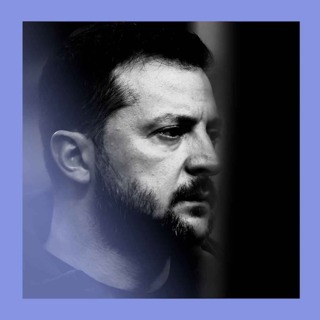
War graft: scandal engulfs Ukraine
Pentagon officials are meeting President Volodymyr Zelensky in Kyiv to discuss a Russia-US peace proposal Ukraine had no part in writing. That merely adds pressure as a giant corruption crisis is already embroiling top officials. Fifty years on from the death of Franco, our correspondent assesses how much Spain has changed. And should you date your boss? Listen to what matters most, from global politics and business to science and technology—Subscribe to Economist Podcasts+For more information about how to access Economist Podcasts+, please visit our FAQs page or watch our video explaining how to link your account. Hosted on Acast. See acast.com/privacy for more information.
20 Marras 202525min

Crown prince arming: Trump sells jets to MBS
Muhammad bin Salman’s first visit to the White House in seven years earned the Saudi crown prince new weapons, giant tech deals and a burnished reputation. Our correspondent explains Trump’s warm welcome. Why gay rights in Hong Kong are going backwards. And how snail farms help Britons dodge tax.Listen to what matters most, from global politics and business to science and technology—Subscribe to Economist Podcasts+For more information about how to access Economist Podcasts+, please visit our FAQs page or watch our video explaining how to link your account. Hosted on Acast. See acast.com/privacy for more information.
19 Marras 202521min
